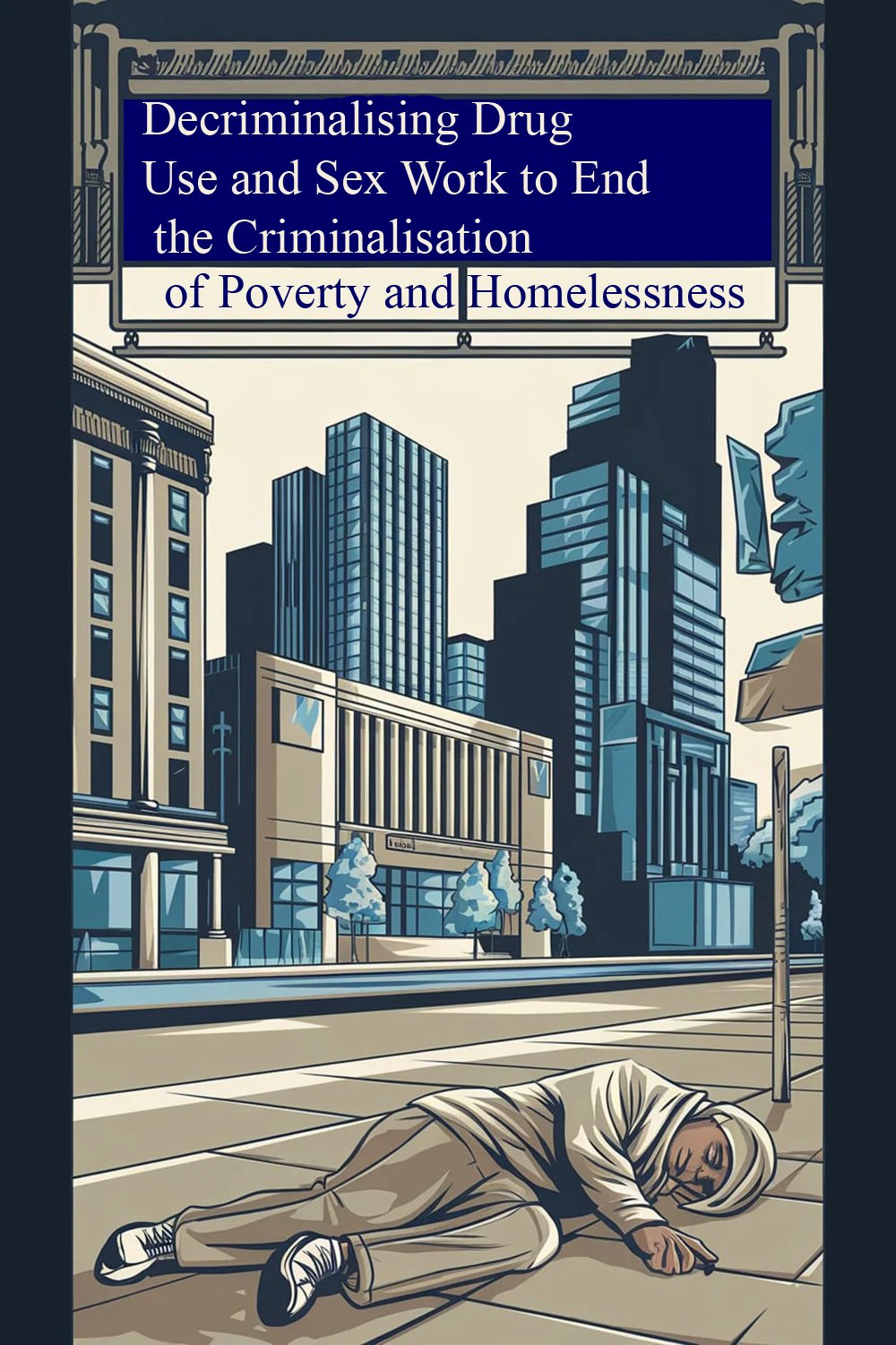The signing organisations (the International Drug Policy Consortium, Amnesty International, the Global Alliance against Traffic in Women, the Global Network of Sex Work Projects, the International Planned Parenthood Federation, and the Women and Harm Reduction International Network) welcome the initiative to prepare a report on the decriminalisation of poverty and homelessness, to be presented at the 56th session of the Human Rights Council in June-July 2024. We also welcome the background paper shared by consultation.
In order to ensure that the report creates effective and consistent standards for the decriminalisation of poverty and homelessness, we strongly encourage the Special Rapporteurs to include in the conclusions section explicit recommendations for the decriminalisation of drug use and possession of personal use, and of sex work, as the criminalisation of both activities is a major driver of contact between law enforcement and people living in poverty in public spaces, is discriminatory, and has harmful effects on the enjoyment of a broad range of human rights. This informal paper provides a number of key arguments supporting that inclusion.
Arguments for including a recommendation on the decriminalisation of drug use and possession for personal use. The criminalisation of drug use and possession for personal use as a driver of contact between law enforcement and the general population, particularly people in public spaces. The criminalisation of drug use and possession for personal use is a major driver of contact between law enforcement and the general population. According to UNODC data from 2020, 3.1 million people worldwide were arrested for drug activities, 61% of whom for drug use only.
In the European Union, in 2020 an estimated 1.5 million drug offences were reported, but 64 % of them or 1 million arrests related to use or possession for personal use.2 These numbers are likely to be an underrepresentation as many people detained for possessing drugs for personal use are then charged for alleged supply activities. Cannabis is the drug that brings most people into contact with the criminal justice system, accounting for more than half of all drug-related charges, based on reports from a total of 69 countries over 2014–2018.3 The number of stop-and-searches related to drug possession is a clear indicator of the use of drug laws as a tool to criminalise people in the public space. According to UK government data,4 in England and Wales there were 526,024 stop-and-searches between April 2021 and March 2022, and 65% of which were for suspicion of carrying drugs.
